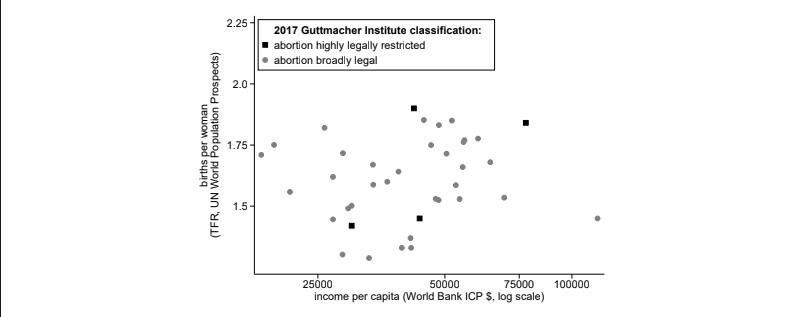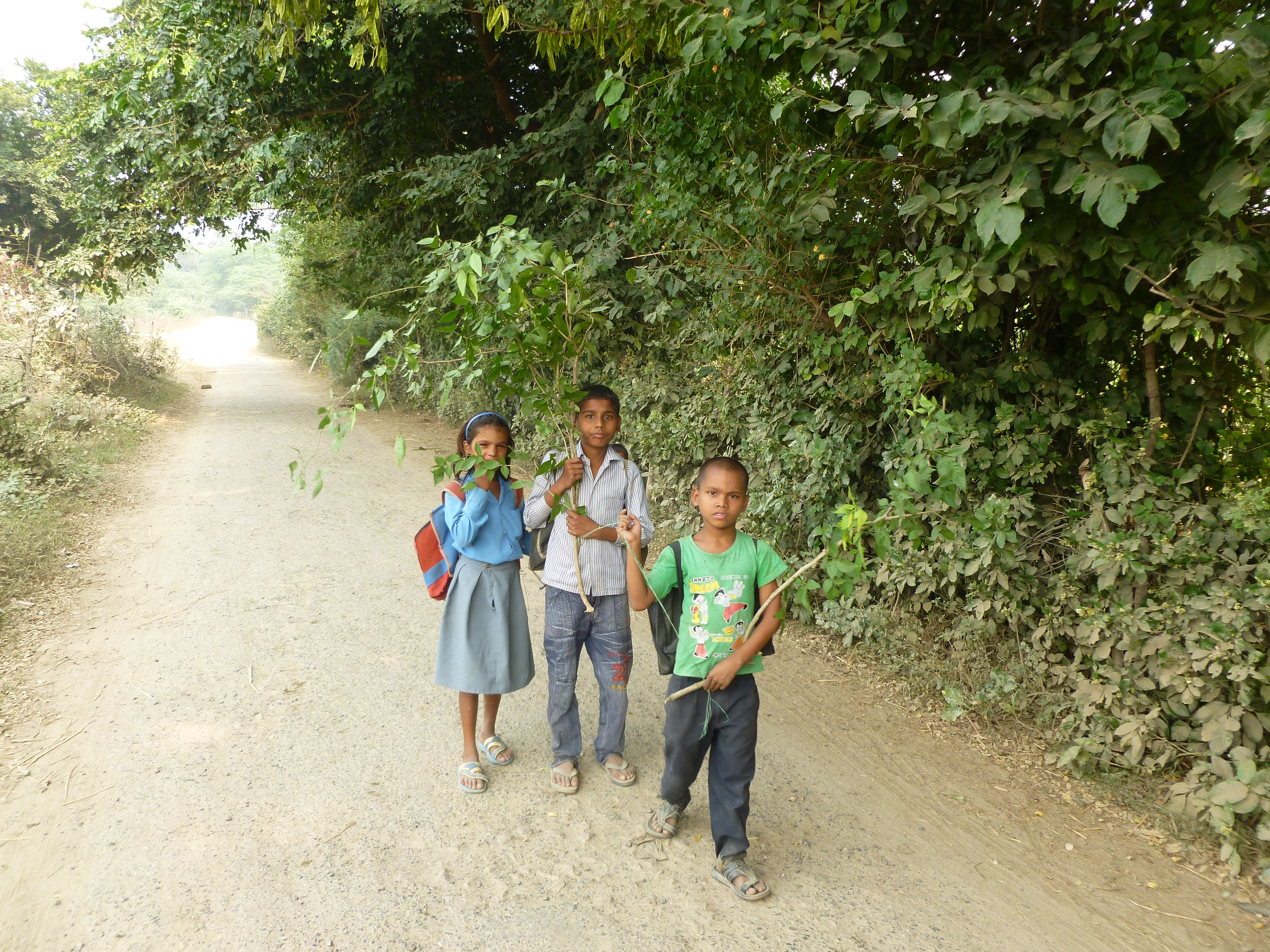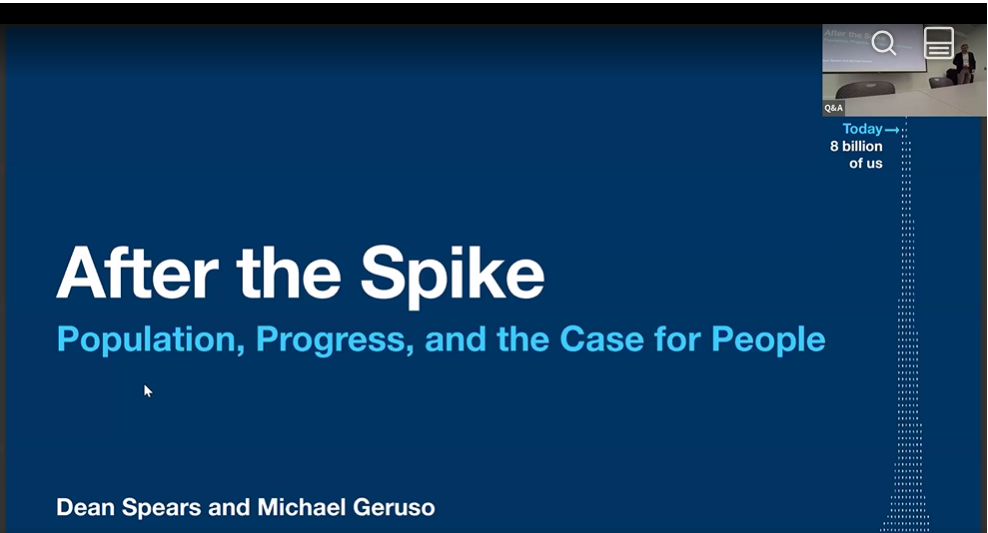An eye-opening exploration of humanity’s unprecedented path to global depopulation and its significance from economists Dean Spears and Michael Geruso.
Hi, I'm Dean Spears.
Bio
I'm an Economic Demographer, Development Economist, and Associate Professor of Economics at the University of Texas at Austin. I'm also an affiliate of IZA, an affiliate of the Population Research Center at UT-Austin, founding execute director of r.i.c.e., and director of the Population Wellbeing Intiative. My research areas include: 1) the health, growth, and survival of children, especially in India, 2) the environment, air pollution, and climate change, and 3) population dimensions of social well-being. With Diane Coffey, I am the author of the award-winning book Where India Goes: Abandoned Toilets, Stunted Development, and the Costs of Caste.
Latest Books
Air: Pollution, Climate Change and India's Choice Between Policy and Pretence
India's air pollution is a deadly threat. Will its politics meet the challenge?
Where India Goes: Abandoned Toilets, Stunted Development, and the Costs of Caste
More than half the people who defecate in the open live in India.
Latest Research Papers
Equilibrium effects of abortion restrictions on cohort fertility: Why restricting abortion access can reduce human capital, social welfare, and lifetime fertility rates
The United States Supreme Court’s ruling in Dobbs v. Jackson Women’s Health Organization has made understanding the impact of abortion laws increasingly important and timely. We investigate recent claims by policymakers that abortion restrictions increase birth rates; we also evaluate consequences for human capital and women’s welfare.
Excess neonatal mortality among private facility births in rural parts of high-mortality states of India: Demographic analysis of a national survey
We ask how early-life mortality in the rural population of the EAG states and the rest of India differs according to the setting of birth. We consider whether quality of care can help explain the differences we find.
Fiscal externalities and underinvestment in early-life human capital: Optimal policy instruments for a developing country
We study policy instruments to correct inefficiently low investment in maternal nutrition in India, where one-fifth of all births occur.
Redistribution, rent-seeking, and the welfare impact of a universal basic income in India
In both developed and developing countries, there is significant interest in the idea of a universal basic income, where the government gives a monetary transfer to all citizens rather than targetting lower-income individuals.
Latest News & Commentary
Why Americans Aren’t Having Babies
Americans aren’t just waiting longer to have kids and having fewer once they start—they’re less likely to have any at all.
The World’s Population May Peak in Your Lifetime. What Happens Next?
The global human population has been climbing for the past two centuries. But what is normal for all of us alive today — growing up while the world is growing rapidly — may be a blip in human history.
Should we care about people who need never exist?
How do you value a life not yet lived?
The Repugnant Conclusion is a puzzle that has occupied philosophers and economists for decades. 29 scholars just published a new agreement.
It may be time to move on from the Repugnant Conclusion.
Latest Videos & Podcasts
Using Foresight Tools to Prepare for What's Ahead: A UN DESA Global Policy Dialogue
UN DESA hosts a Global Policy Dialogue showcasing a new review of how the Department uses foresight to help Member States plan for a future that leaves no one behind.
After the Spike Penn State DeJong Lecture
Population, Progress, and the Case for People
Dean Spears on why babies are born small in Uttar Pradesh, and how to save their lives
In this episode of the 80,000 hours podcast, host Luisa Rodriguez speaks to Dean Spears — associate professor of economics at the University of Texas at Austin and founding director of r.i.c.e. — about his experience implementing a surprisingly low-tech but highly cost-effective kangaroo mother care programme in Uttar Pradesh, India to save the lives of vulnerable newborn infants.
Interview on Where India Goes: Abandoned Toilets, Stunted Development, and the Costs of Caste
We provide the first evidence that individual-level questions find more open defecation than household-level questions.















